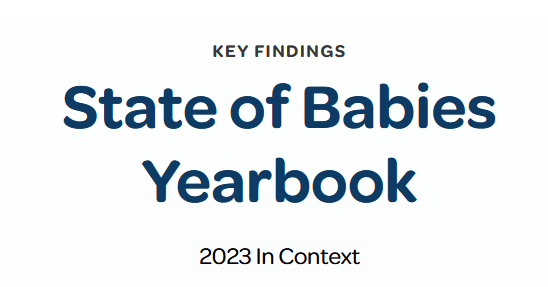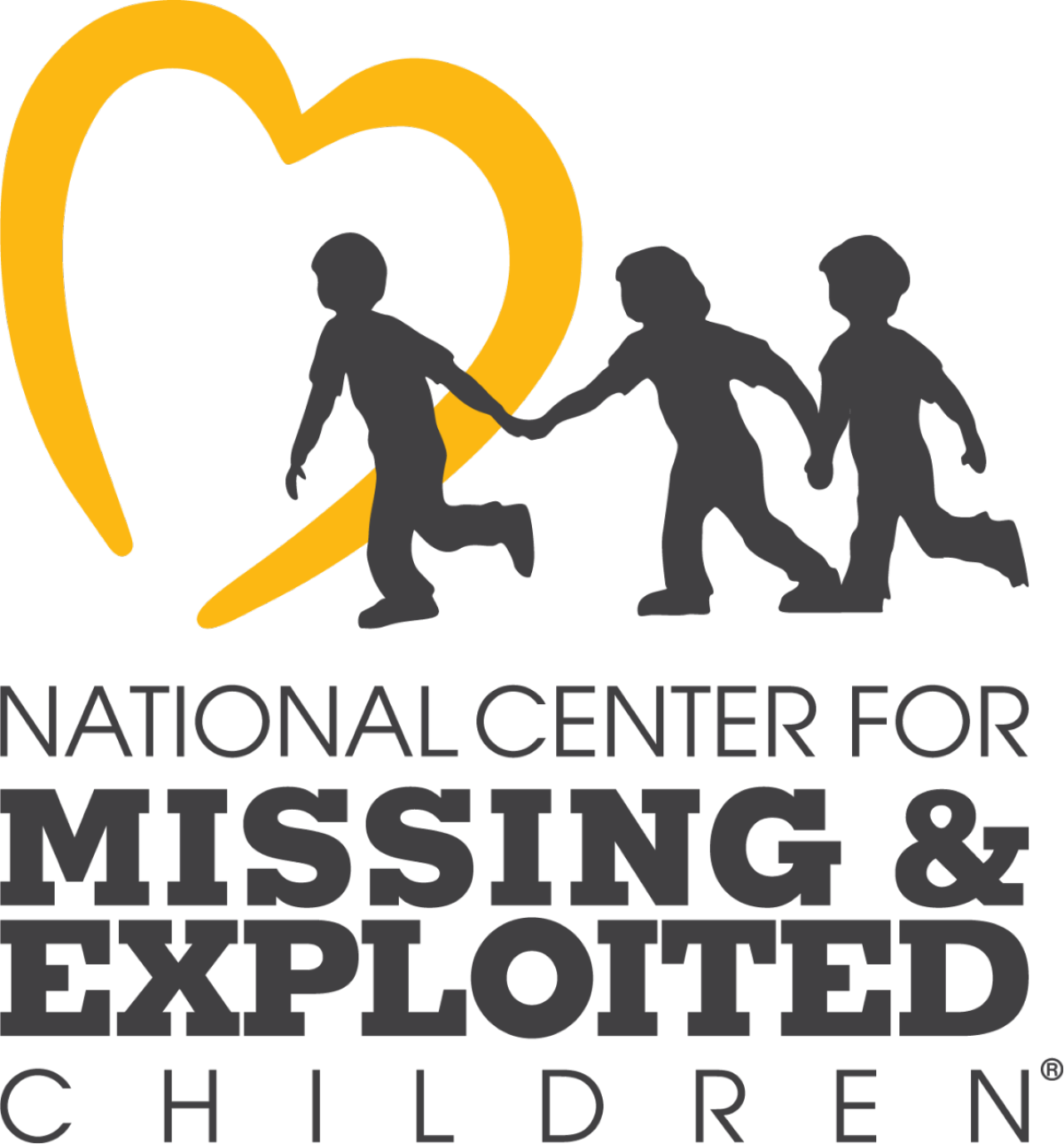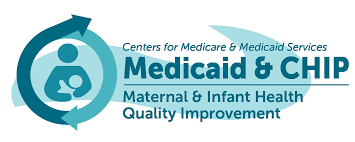Have you ever felt the need to be seen and acknowledged? It’s a universal desire, right?! Unfortunately, the Black, Indigenous, and people of color (BIPOC) community often doesn’t receive the recognition it deserves, especially concerning mental health and wellness. That’s … Read More
Safety Permanency & Well-being

Modernizing Minor Guardianship in State Courts
More than 4% of all children live in kinship care arrangements, where relatives are responsible for children who may or may not have a living biological parent. One such arrangement is commonly known as minor guardianship, where caregivers can petition … Read More

Here’s How Companies Can Show Up for Unconventional Families
An unconventional family, by our definitions, is one that falls outside of the traditional dynamic of a heterosexual couple with biological children. Today, families come in all different varieties. In fact, 80 percent of households in the U.S. have an atypical structure. … Read More

Fostering Responsible Tech Use
Balancing the Benefits and Risks Among Public Child Welfare Agencies Across the country, child welfare agencies work with over 390,000 youth in foster care each year by temporarily placing them in foster homes, facilitating adoption if parental rights are terminated, … Read More

Adoption and Guardianship for Children in Kinship Foster Care
The laws dictating how adoption and guardianship are granted, by which court, and what those options entail are developed at the state and tribal levels, so the intricacies for obtaining these legal relationships differ. The Brief The brief provides general … Read More

Clearinghouse Approves New Mental Health, Substance Abuse Programs for Family First Act Funding
Last month, the clearinghouse that greenlights foster care prevention services approved several iterations of a mental intervention known as Dialectical Behavior Therapy, as well as a positive reinforcement approach to treating substance abuse. The clearinghouse was established in relation to … Read More

State of Babies Yearbook: 2023
It is with a deep sense of urgency and shared mission that I introduce you to the fifth edition of ZERO TO THREE’s State of Babies Yearbook, providing a comprehensive look into the health and well-being of the 11 million … Read More

Children Missing From Care
Sound Policy and Practice Recommendations Key Definitions It is important for any agency drafting or implementing policies for responding to a missing child to avoid overly complicated or overly restrictive definitions. Care should be taken to ensure that each term … Read More

Improving Timely Health Care for Children and Youth in Foster Care Driver Diagram and Change Ideas
A driver diagram shows the processes or systems that affect the aim of your quality improvement (QI) project and determine what you need to do to improve outcomes. Use the state Medicaid and CHIP improving timely health care for children … Read More

FROM CHILD WELFARE TO WELL-BEING: A Blueprint for CBOs and Government Agencies
EXECUTIVE SUMMARY The US child welfare system incentivizes a reactionary rather than a proactive response, resulting in cases of child abuse and neglect that could have been avoided. Within the system, well-established business models and federal financial incentives are designed … Read More

